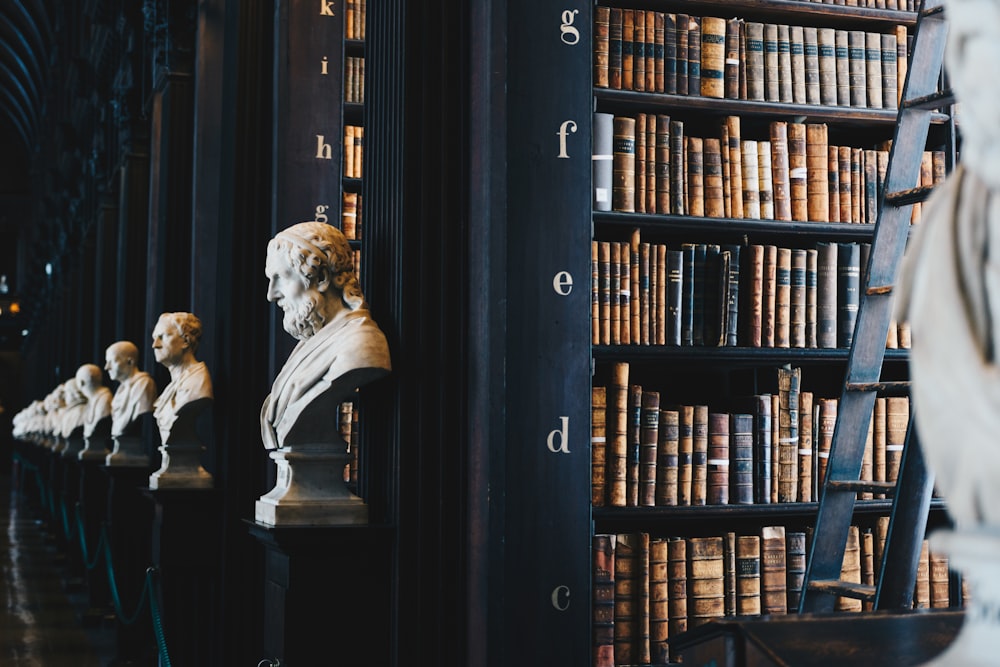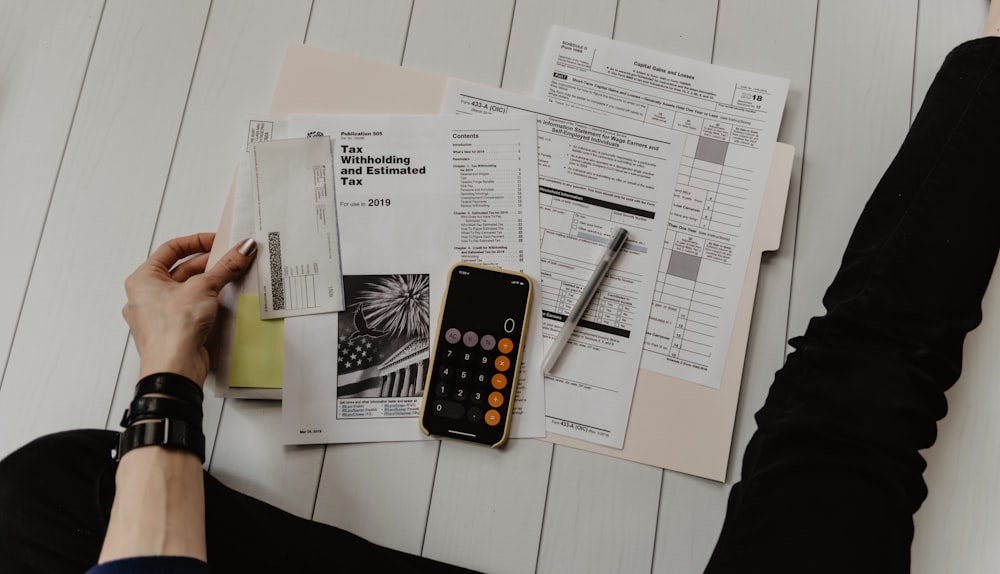Complete guide to registering a liquor shop in Nepal, including legal requirements, licensing procedures, and compliance obligations.
What Is the Process to Register Liquor Shop
The registration process for a liquor shop in Nepal involves a series of legal, administrative, and procedural steps. It begins with selecting the business structure, obtaining required approvals, and acquiring licenses from relevant government bodies. Registration must comply with the laws set by the Ministry of Home Affairs and the Ministry of Industry, Commerce and Supplies.
Key steps include:
Choose the business structure (sole proprietorship, partnership, or company)Register with the Office of the Company Registrar (OCR)Obtain local municipality permissionApply for PAN registration at the Inland Revenue OfficeApply for a liquor license from the District Administration Office (DAO)These processes must be completed in the proper sequence to legally operate a liquor shop in Nepal.
What Are the Legal Requirements to Register
The legal requirements to register a liquor shop in Nepal include:
The applicant must be a Nepali citizenThe business must have a permanent addressThe applicant must not have a criminal recordThe location of the shop must be approved by the local authorityCompliance with the Excise Duty Act 2058 and Local Government Operations Act 2074The laws also require businesses to ensure that alcohol is not sold near schools, hospitals, or religious places. Adherence to these regulations is necessary to obtain and maintain a liquor license.
Where to Register a Liquor Business in Nepal
Registration involves multiple offices:
Office of the Company Registrar (OCR): For legal business entity registrationLocal Municipality or Ward Office: For location approval and local business permissionInland Revenue Department (IRD): For PAN and VAT registrationDistrict Administration Office (DAO): For obtaining the liquor licenseAll these registrations must be completed before the liquor shop can operate legally.
How to Choose the Right Business Type
The selection of the business structure affects taxation, liability, and ease of operations. Available types include:
Sole Proprietorship: Simple and suitable for small-scale operationsPartnership Firm: Ideal if multiple individuals are involvedPrivate Limited Company: Offers liability protection and scalabilityThe structure should be chosen based on investment, management style, and future goals. For liquor shops, sole proprietorship is most common, but larger businesses may prefer a private limited company.
What Documents Are Needed for Registration
The following documents are required to register a liquor shop in Nepal:
Citizenship certificate of owner(s)Passport-size photosRental agreement or land ownership certificateMap and layout of shop premisesBusiness name approval letter (from OCR)Company registration certificate (if applicable)PAN registration certificateLocal level permission letterPolice clearance certificateThese documents must be submitted during different phases of registration.
How to Apply for PAN and VAT Number
PAN and VAT registration are handled by the Inland Revenue Office. The process is as follows:
Fill the PAN application formAttach the following documents:
- Citizenship certificate
- Rental agreement or land certificate
- Photographs
- Business registration certificate
Submit the form to the nearest Inland Revenue OfficePAN is usually issued within 2-3 working daysFor VAT, the threshold must be met, typically for businesses with expected revenue over NPR 2 million annually.
What Licenses Are Needed to Sell Alcohol
Selling alcohol in Nepal requires a liquor license issued by the DAO. Types of licenses include:
Retail Liquor License: For selling alcohol directly to consumersWholesale License: For distributionBar/Restaurant License: If served on premisesThe DAO issues licenses upon submission of:
Application formCopy of business registrationLocal approvalPolice clearanceRent or ownership documentsLicenses are subject to yearly renewal.
What Are the Steps to Register Liquor Shop
1. Select the business structure
2. Register the business with OCR (if applicable)
3. Get local municipality approval
4. Register for PAN at the IRD
5. Apply for liquor license at DAO
6. Submit required documents
7. Undergo inspection of shop by local police or authority
8. Pay government fees
9. Receive license and display it at the premises
Each step must be completed correctly to obtain full operational rights.
How Much Time Liquor Registration Takes
- Company Registration: 2–5 working days
Municipality Approval: 3–7 working daysPAN Registration: 2–3 working daysLiquor License from DAO: 7–14 working days, including inspectionIn total, it takes around 2–4 weeks to complete all processes if documents are properly prepared and submitted.
What Is the Total Cost for Registration
Costs vary based on business type and location. Approximate costs:
Company Registration: NPR 2,500 to NPR 9,000 (based on capital)PAN Registration: FreeMunicipality Approval: NPR 500 to NPR 2,000Liquor License Application Fee: NPR 2,000 to NPR 10,000Miscellaneous (documents, printing): NPR 1,000 to NPR 2,000The total cost ranges from NPR 6,000 to NPR 20,000.
What Are the Government Fees and Charges
The official fees are:
Company registration: Based on capital structurePAN registration: No chargeLiquor license: Variable based on shop location, license type, and stock volumeRenewal charges: NPR 2,000 to NPR 5,000 per yearExcise duty: As per the Excise Duty Rules 2059Government fees are revised periodically and should be checked on official websites or at the DAO.
What Laws Regulate Liquor Businesses
Key laws regulating liquor shops include:
Excise Duty Act, 2058 (2002)Local Government Operation Act, 2074 (2017)Consumer Protection Act, 2075 (2018)Company Act, 2063 (2006) (if registered as a company)Compliance with these laws is necessary to avoid penalties and license revocation.
Which Authorities Approve Liquor License
- District Administration Office (DAO): Main licensing authority
Inland Revenue Department: Issues PAN and VATMunicipality or Local Government Office: Provides location approvalOffice of Company Registrar: Registers business entitiesPolice Authority: May inspect the shop premises before license issuanceCoordination with these bodies is essential during and after registration.
What Services Are Needed Post Registration
After registration, businesses must:
Renew the liquor license annuallyMaintain VAT and tax complianceRenew business registration if applicableKeep updated inventory and sales recordsUndergo inspections by DAO or local policePay applicable excise duties on timeLegal and accounting services may be hired for compliance management.
What Is the Final Setup Checklist for Shops
- Business registration certificate
PAN and VAT certificatesLiquor license from DAOLocal municipality approvalPolice clearance certificateRental agreement or ownership documentsShop layout and safety equipmentInventory management systemStaff training on legal complianceKeeping all records and certificates available at the shop is also required.
FAQs
How to apply for liquor license?
To apply for a liquor license, you need to visit the District Administration Office. Submit the required documents including identity proof, business registration, police clearance, and a completed application form. An inspection is usually conducted before approval.
Do I need VAT registration too?
VAT registration is required if your annual turnover exceeds NPR 2 million. You must apply at the Inland Revenue Department and maintain VAT invoices, returns, and periodic filings.
Where to apply for liquor license?
Liquor licenses are issued by the District Administration Office (DAO) in the district where your shop is located. This office also handles annual renewals and inspections.
Can I open bar with liquor shop?
A bar requires a separate license under hospitality category. You cannot operate both under the same license. Apply separately with documents for each type.
Is online application available?
Online application is not yet widely implemented for liquor licenses. Most processes must be done in person at the DAO, although PAN and company registration may be available online.
What are the required documents?
You need citizenship certificate, photos, PAN, business registration, rent/land documents, police clearance, and local approval. Additional documents may be asked during inspection.
What are the license fees?
Fees vary by district and stock capacity. Initial fees range from NPR 2,000 to NPR 10,000. Annual renewal fees and excise taxes are charged separately.
How long does approval take?
Approval usually takes 7 to 14 working days. Delays can occur if documents are incomplete or inspection is delayed. Timely submission helps speed up processing.
Can I sell foreign liquor too?
Yes, but you need special import permission from the Ministry of Finance. Comply with customs regulations and obtain excise clearance as required.
Is license renewal required yearly?
Yes, liquor licenses must be renewed annually at the DAO. You must apply with updated documents and pay the renewal fee before expiry to avoid penalties.
\`\`\`



